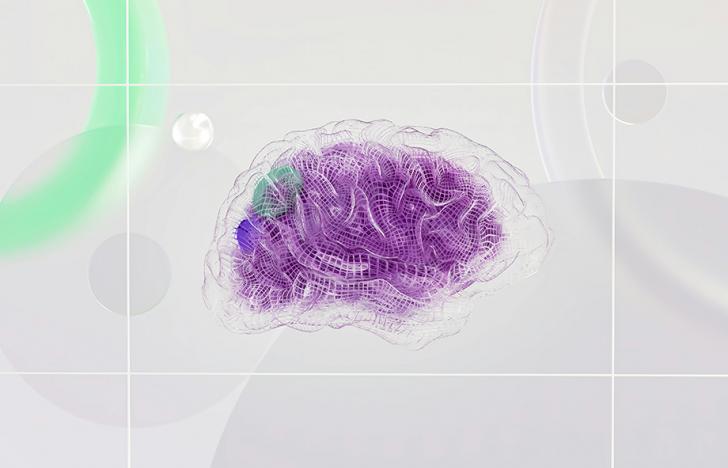Mobility and digitalising of assistance systems
 © Kapsch
© KapschOperate industry plants, maintain complicated devices, check functions which are hidden invisibly in the interior of a machine.
An expert comment by Christian Wenner, Director Business Development, Kapsch BusinessCom. With digitisation, in such cases, the tendency moves away from classic manuals and operating instructions to the use of smartphones, tablets and data glasses.
These supply the employee with exactly the information that he needs at that time. Such mobile digital assistance systems know where the employee is standing and which error code causes the failure at which device. When using data glasses, the worker additionally has both hands free to work compared to a tablet or smartphone.
Data are converted into relevant information
Digital information is shown visually as additional information to the real world. If a machine strikes, the service technician can see step by step what to do by means of the data glasses. A lot speaks for the use of digital assistance systems in increasingly complex production or maintenance environments. When data are converted into relevant information and they are made available at the right time, at the right place and via the corresponding end device, time to fix is reduced and errors are minimised.
It is possibly a challenge to bring the knowledge into the system, to make the expert knowledge of the employees available in data bases globally is however a great chance for the business. Because of remote support solutions, experts do no longer have to be on site for repair work, whereby travel expenses are reduced considerably. Employees can be trained directly “on-the-job“ and are thereby fit for service even faster.
Critical success factors
Digital assistance systems shall not patronise the person. If an employee knows something better than the system, he must be able to skip over instructions. Experiences and comments of the user are documented immediately by video or speech recordings, which support with comparable applications.
Accordingly, digital assistance systems do not at all replace the know how of the employee, but support him in his work. Efficiency and productivity are critical success factors for each business. So that these also come into effect, the use of the assistance systems must be planned individually and be adapted to the exact requirements of the business and the employees - the engagement of these in the conception is essential.











